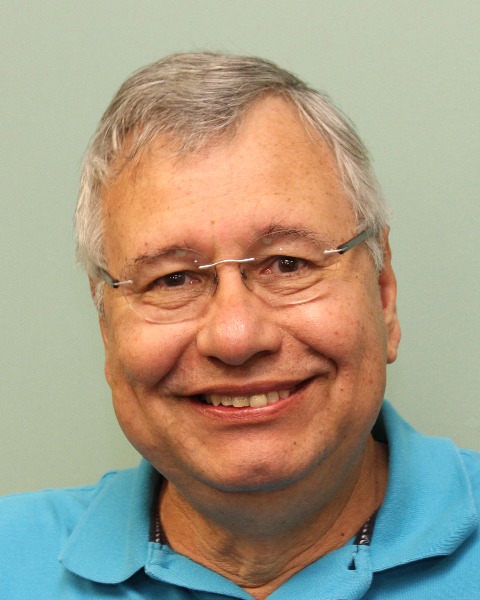Panel
A panel discussion on the importance of the story of Health Equity in Latinx communities
Action Research for Community Health and Wellness (AR4CHW)
Thursday, October 12, 2023
11:30 AM - 12:30 PM ET

Arthur E. Hernandez, PhD (he/him/his)
Professor
University of the Incarnate Word
San Antonio, Texas, United States
Presenter(s)
This session presents our community based and participatory planning and evaluation project working with parents and families of individuals diagnosed on the Autism Spectrum using Action Research (AR) methods. AR is by design, an emergent teaching-learning enterprise and takes time, given the lack of experience on the part of the community. But since AR depends on activity (doing) as a mechanism for dynamic learning, knowledge construction and “harvesting” is a central part of growth for both community and project team. AR activity must be authentic and grounded in experience and serves as a guide to the identification of authentic ways to engage and collaborate. These requirements mean that AR practitioners must be prepared to delve deeply into the historical, geographic, and philosophical “roots” of the community which provide the parameters and the tendencies associated with their culture. Our experience with AR4CHW demonstrates evaluation focused inquiry based on AR must be grounded in the needs and priorities of the community and that AR methodology serves more than inquiry (evaluation). It seeks to explore and leverage community experience rather than exploit the community for their knowledge. Our experience provides evidence that AR as an inquiry method results in tremendous potential for change and serves as foundation for future action and learning. Finally, the most important lesson learned was that the artificial boundaries between researchers, community, health providers, health educators, policy makers, etc. were surmountable by the community who realized the power of their knowledge for action and action from knowledge.
